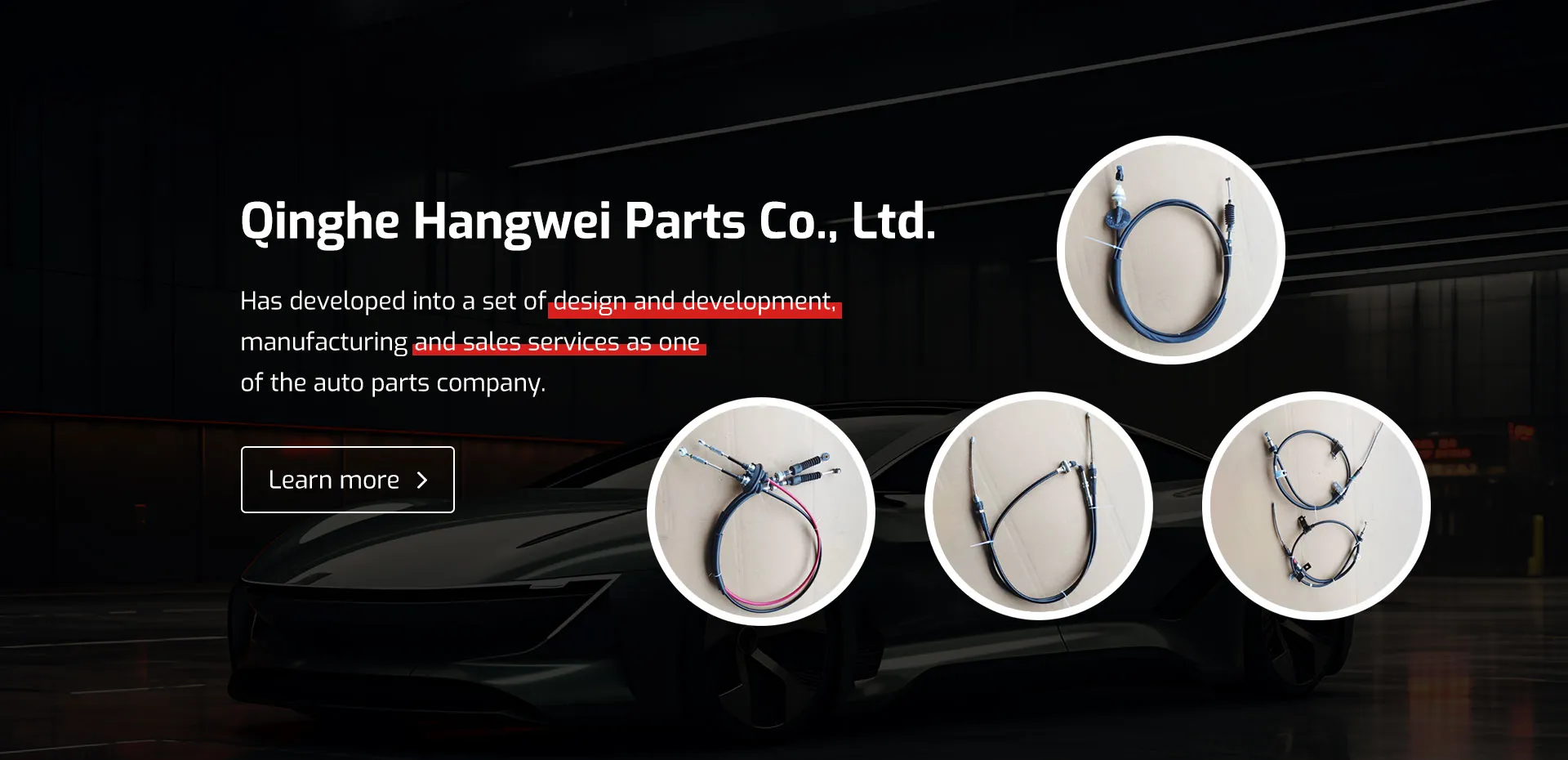clutch master cylinder line
Understanding the Importance of the Clutch Master Cylinder Line
The clutch master cylinder line is an integral component of a vehicle's hydraulic clutch system, playing a crucial role in the operation and performance of manual transmission vehicles. This article delves into the function, significance, maintenance, and potential issues related to the clutch master cylinder line, ensuring that drivers are well-informed about this vital element of their automotive systems.
Function of the Clutch Master Cylinder Line
The clutch master cylinder is responsible for converting the force exerted on the clutch pedal into hydraulic pressure. When the driver presses the clutch pedal, the master cylinder pushes hydraulic fluid through the line to the slave cylinder, which then disengages the clutch. This operation allows the driver to change gears smoothly without stalling or damaging the engine. The clutch master cylinder line acts as the conduit that carries this hydraulic fluid, making it essential for efficient clutch operation.
Importance of the Clutch Master Cylinder Line
The proper functioning of the clutch master cylinder line is critical for several reasons
1. Efficient Gear Shifting A well-functioning line ensures that the hydraulic pressure reaches the slave cylinder without delay, allowing for smooth and responsive gear changes. This responsiveness enhances overall driving performance and vehicle control.
2. Preventing Wear and Tear Regular maintenance of the clutch master cylinder line can prevent excessive wear on the clutch components. A malfunctioning line could lead to irregular pressure delivery, resulting in slippage, which in turn can cause significant damage to the flywheel and clutch disc.
3. Safety Considerations In manual transmissions, efficient clutch operation is essential for safety. A failing master cylinder line can compromise the driver's ability to shift gears effectively, increasing the risk of accidents.
Maintenance of the Clutch Master Cylinder Line
Maintaining the clutch master cylinder line is vital for the longevity of the vehicle’s transmission system. Here are some tips to ensure its proper upkeep
1. Regular Inspections Check the master cylinder line for any signs of leaks, wear, or damage. Inspecting the line regularly can help identify issues before they escalate into major problems.
clutch master cylinder line

2. Fluid Level Check Ensure that the hydraulic fluid level is adequate. Low fluid levels due to leaks or evaporation can lead to a decrease in hydraulic pressure, impairing the clutch performance.
3. Bleeding the System Air trapped in the hydraulic system can cause a spongy clutch pedal and erratic shifting. It’s essential to bleed the clutch system periodically to remove any air and maintain optimal performance.
4. Professional Service If you notice any abnormalities, such as difficulty in shifting gears or a spongy clutch pedal, it’s crucial to consult a qualified mechanic. They can perform a thorough inspection and service as needed.
Common Issues with the Clutch Master Cylinder Line
Like any other component, the clutch master cylinder line can encounter issues that may impede its performance
1. Leaks One of the most common problems is fluid leakage. A leak can lead to a drop in hydraulic pressure, making it difficult to engage or disengage the clutch.
2. Clogging Dirt or debris can enter the master cylinder line and create obstructions, leading to inconsistent pressure delivery and gear shifting issues.
3. Corrosion Over time, factors such as moisture and salt can cause the line to corrode, which could result in breaks or leaks in the system.
4. Worn Components Continuous use can wear out seals and other components within the master cylinder, potentially leading to failures.
Conclusion
In summary, the clutch master cylinder line is crucial for the proper functioning of a manual transmission system. Understanding its role and maintaining it can lead to improved vehicle performance, better safety, and increased longevity of the clutch components. Regular maintenance checks and prompt attention to any issues can ensure that drivers enjoy a smooth and responsive driving experience. By being proactive about the condition of the clutch master cylinder line, vehicle owners can avoid costly repairs and ensure that their cars operate optimally for years to come.
-
Workings of Clutch Pipe and Hose SystemsNewsJun.04,2025
-
The Inner Workings of Hand Brake Cable SystemsNewsJun.04,2025
-
The Secrets of Throttle and Accelerator CablesNewsJun.04,2025
-
The Hidden Lifeline of Your Transmission Gear Shift CablesNewsJun.04,2025
-
Demystifying Gear Cables and Shift LinkagesNewsJun.04,2025
-
Decoding Clutch Line Systems A Comprehensive GuideNewsJun.04,2025
